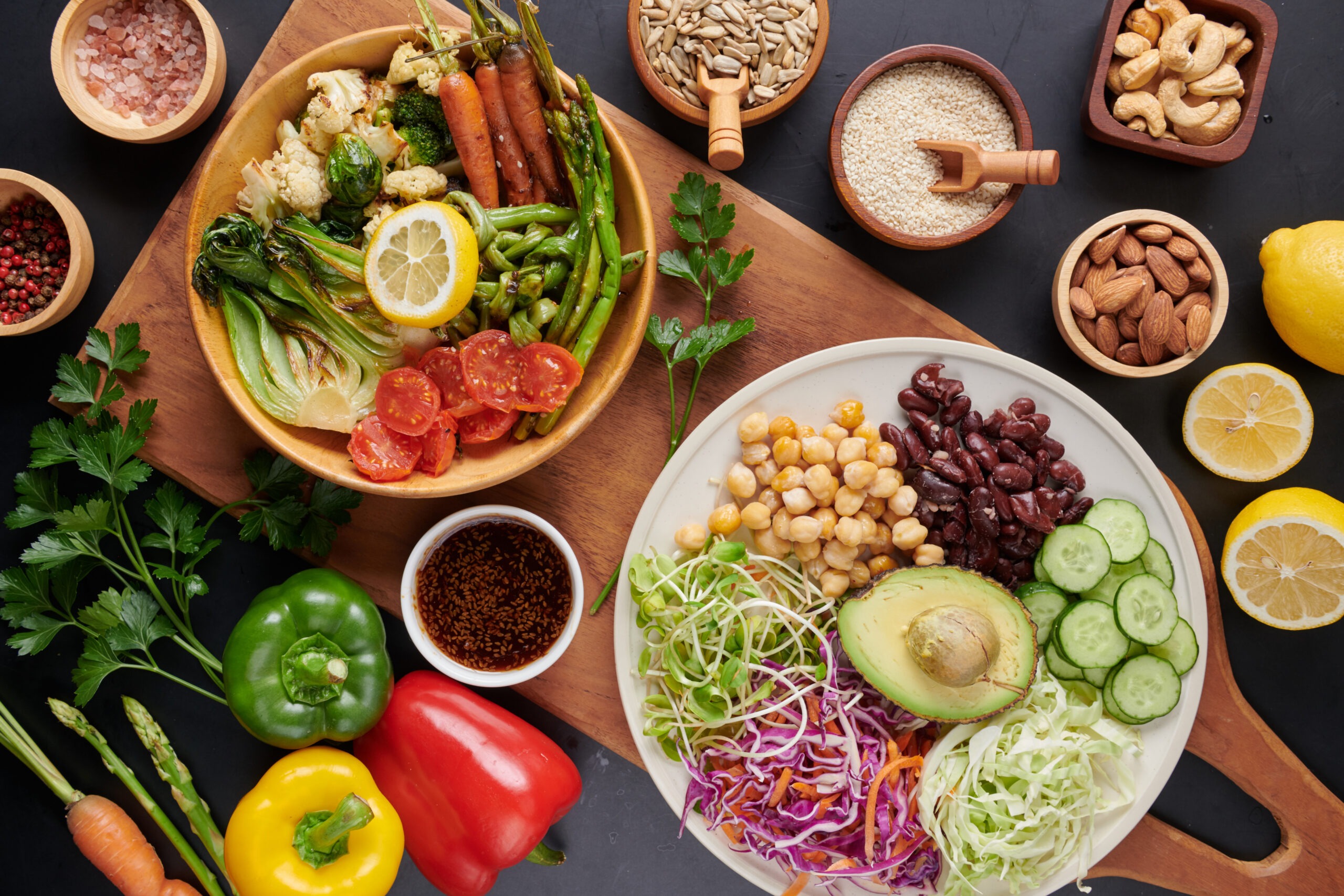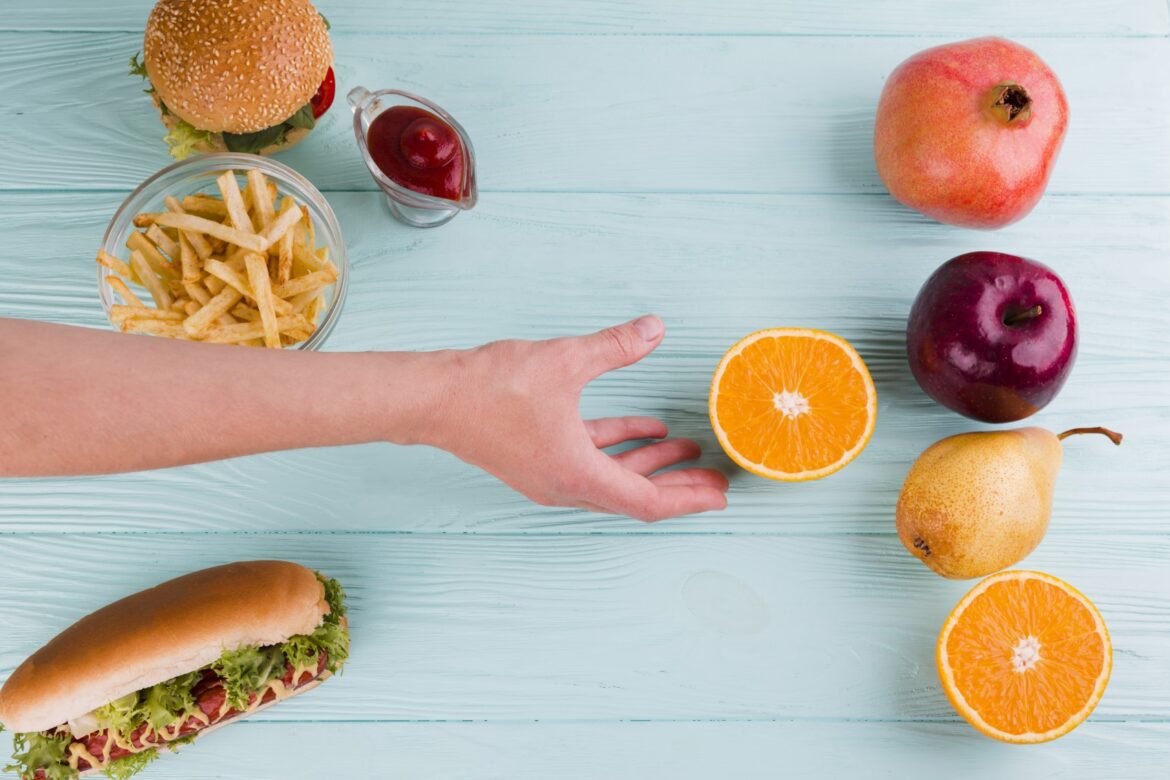What if the boundaries we encounter in our diets aren’t walls but gateways to new culinary adventures or openings to new gastronomic discoveries? Dietary restrictions are increasingly prevalent, from gluten intolerance to veganism; each limitation could be seen not as a barrier but as a portal to new culinary experiences. These restrictions are often essential for health—managing allergies or chronic illnesses—or driven by ethical considerations like animal welfare and environmental concerns. Recognizing the diverse reasons behind dietary choices is the first step towards transforming our approach to food. By understanding the necessity and benefits of these restrictions, we can move beyond mere accommodation and truly celebrate the myriad possibilities they introduce to our diets.
The Psychological Impact of Dietary Limits
Navigating the world with dietary restrictions isn’t solely a physical health concern—it’s a psychological and social challenge. Being ‘the one with the food issue’ at a dinner party or group meal can sometimes feel isolating or burdensome. However, shifting the focus from what’s missing to what’s possible can dramatically alter one’s dining experience. Embracing a positive perspective helps individuals see these restrictions not as limitations but as opportunities to discover and innovate. This mindset alleviates the social stress associated with special diets and enhances one’s overall well-being by turning dietary management into an exciting quest for new tastes and experiences.
Discovering New Foods and Flavors
A World of Alternatives
When traditional ingredients are off the table, the world opens up to various alternative options, each with its unique flavors and benefits. Ingredients like quinoa, with its rich, nutty flavor and high protein content, or tofu, known for its incredible versatility, become staples that inspire creativity in the kitchen. These alternatives push our culinary boundaries, leading us to explore and integrate elements of various global cuisines into our everyday meals.

Exploring new cuisines often brings a delightful surprise—discovering flavors and ingredients we never knew we loved. For example, those avoiding gluten might turn to Asian rice-based dishes or explore the rich, gluten-free corn recipes from Mexican culinary traditions. Similarly, vegan diets encourage the exploration of plant-based proteins, leading to the discovery of dishes like Ethiopian lentil stews or Indian chickpea curries, which are as nutritious as they are flavorful.
Inspired by Anthony Bourdain
Celebrated chef and culinary explorer Anthony Bourdain once remarked, “You must be a romantic to invest yourself, your money, and your time in cheese.” This sentiment can be broadened to all aspects of cooking and eating—those who embrace dietary restrictions with curiosity and enthusiasm are often rewarded with richer, more varied culinary experiences than they might have imagined. Investing in discovering alternative foods is not just about adapting to dietary needs; it’s about enriching your palate and life.
By viewing dietary restrictions as gateways rather than barriers, we enhance our dining experiences and contribute to a more inclusive and adventurous culinary culture. Let’s continue exploring, experimenting, and enjoying the vast world of flavors that await us, finding joy and freedom within the boundaries that define our dietary landscapes.
Success Stories and Inspirational Journeys
Adapting to dietary restrictions often begins as a necessity but can evolve into a voyage of culinary discovery and personal growth. Hearing from those who have successfully transformed their dietary challenges into opportunities for innovation can serve as a powerful motivation. These success stories underscore the resilience and creativity required to navigate this path and celebrate the personal achievements and joy of embracing such a lifestyle.
Tips for Thriving with Dietary Restrictions
- Smart Shopping: Mastering the art of shopping with dietary restrictions is fundamental. This skill involves becoming adept at reading labels to avoid allergens or unwanted ingredients and knowing where to shop for the best selection of foods that meet your dietary needs. It’s about making informed choices that support your health without compromising the quality or enjoyment of your meals.
- Innovative Cooking: When common ingredients are off-limits, the kitchen becomes a laboratory for culinary innovation. This constraint can spur creativity, leading to healthier and more imaginative meal preparations. Whether it’s using nut flours in baking to keep it gluten-free or experimenting with plant-based proteins to recreate traditional dishes, the limitations of dietary restrictions often pave the way for groundbreaking cooking techniques and recipes.
- Eating Out Made Easy: Dining out can be one of the more daunting aspects of managing dietary restrictions, but it doesn’t have to be. Learning effective strategies to ensure a safe and enjoyable dining experience is crucial. This includes communicating clearly with restaurant staff about your dietary needs, choosing establishments known for their accommodating nature, and even perusing menus online before visiting to plan what to order in advance.
Building a Supportive Community
Navigating dietary restrictions doesn’t have to be a solitary journey. Many people are exploring and managing similar challenges, and connecting with them can provide a wealth of support and resources. Whether it’s through online forums, social media groups, or local meetups, building or joining a community of like-minded individuals can be incredibly beneficial. Such communities offer a platform for exchanging ideas, such as tips, recipes, and personal stories, all of which foster a sense of belonging and understanding. They can be invaluable in helping to navigate the practical and emotional complexities of dietary restrictions.
Celebrating Dietary Diversity
Rather than focusing on what’s missing from your diet, embracing the diversity of what you can eat opens up a world of possibilities. Celebrating dietary diversity means exploring new cuisines and ingredients that meet your dietary needs while expanding your culinary repertoire. For example, discovering the richness of gluten-free grains like millet and buckwheat or the versatility of dairy substitutes such as almond milk and coconut yogurt can transform your diet into a rich tapestry of tastes and textures.
By viewing dietary restrictions not as a list of “can’t haves” but as an opportunity to delve into a vibrant spectrum of foods, every meal becomes an occasion to celebrate. This approach makes eating a joy and enriches your overall lifestyle, turning everyday meals into a celebration of global flavors and innovative cooking.
The journey through dietary restrictions involves discovery and enjoyment, not just adjustment and compromise. The right mindset and resources can be an enriching and profoundly satisfying path.
Conclusion
The essence of navigating dietary restrictions lies in recognizing the freedom these limitations can unveil. We unlock new food, flavor, and personal growth dimensions by wholeheartedly embracing our dietary boundaries. Let this journey of dietary discovery inspire us to view restrictions not as obstacles but as stepping stones to greater health, creativity, and gastronomic enjoyment.
Further Resources
Explore our curated list of resources for more information on thriving within dietary limits. From books on healthy eating within limits to online forums for sharing allergy-friendly recipes, there’s a wealth of knowledge just a click away.
